简体中文
繁體中文
English
Pусский
日本語
ภาษาไทย
Tiếng Việt
Bahasa Indonesia
Español
हिन्दी
Filippiiniläinen
Français
Deutsch
Português
Türkçe
한국어
العربية
Inside the Market: Who’s Buying, Who’s Selling, and Why It Matters
Abstract:Understanding who takes part in the financial markets is key to knowing how and why prices move. Knowing who these people or organisations are can help investors feel more confident and better understand the effects of global news on market movements.
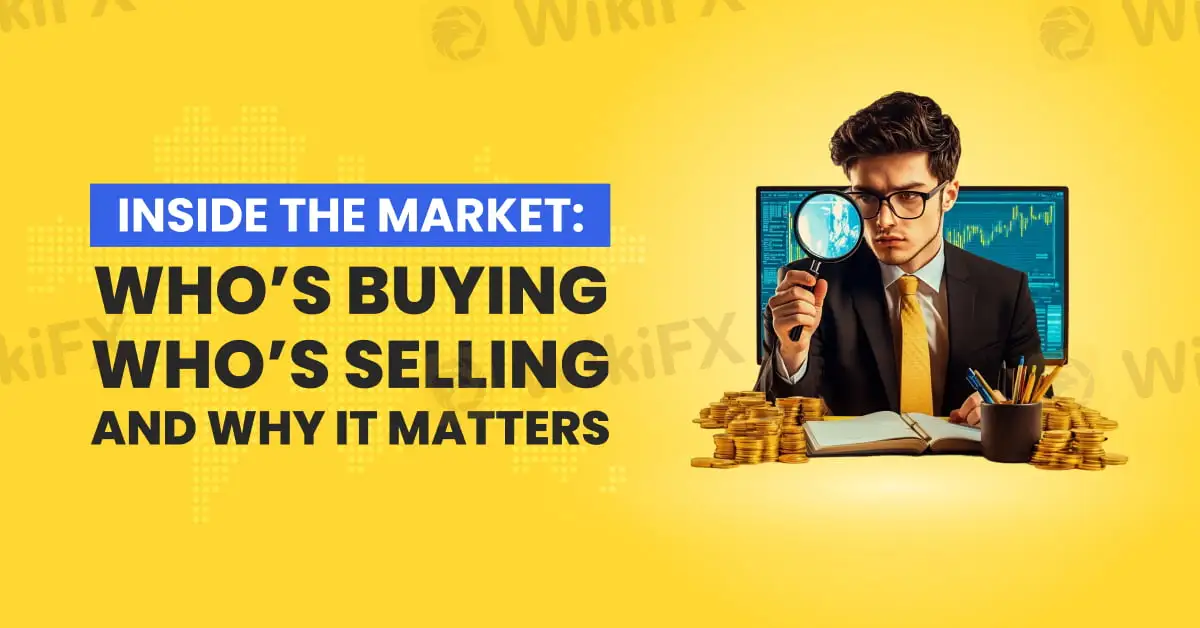
Understanding who takes part in the financial markets is key to knowing how and why prices move. Each trade, whether big or small, happens because someone is buying while someone else is selling. Knowing who these people or organisations are can help investors feel more confident and better understand the effects of global news on market movements.

One of the largest and most powerful groups in the market is the interbank market, made up of major commercial banks and securities firms. These institutions are responsible for around 40% to 50% of all foreign exchange trading worldwide. Because they trade such large volumes, they benefit from the lowest transaction costs, or “spreads”, in the market. Their size and influence put them at the top of the financial trading world.
Another major player is the central bank. Central banks manage a countrys money supply, interest rates, and inflation. They also hold large amounts of foreign currency, which they use to keep their local economies stable. Their involvement in the market is not for profit but for national economic stability, which gives them a strong presence in the foreign exchange world.
Investment management companies also play a key role. These firms handle large amounts of money on behalf of clients, such as individuals, companies, or pension funds. When they invest in foreign assets, they need to buy and sell different currencies to complete those deals. While part of their activity is based on practical needs, many also trade currencies to take advantage of market trends and try to earn profits.
The market also includes a growing number of retail traders, that is, individual investors who use banks or online brokers to make trades. Their trades are usually small and focused on speculation rather than actual currency exchange. They do not take physical delivery of money but instead try to earn from price changes. Even though they are smaller players, their combined actions can still affect the market, especially during periods of high activity.
Finally, there are non-bank foreign exchange companies. These firms help people and businesses move money across borders or exchange currencies for everyday needs. Unlike banks, they do not trade for speculation. Their customers often need to receive or send money in different currencies, so the transactions involve the physical delivery of funds. They serve an important role, especially in global trade and personal finance.
Each of these groups, from powerful banks to everyday individuals, plays a unique part in keeping the financial markets running. By understanding who they are and what drives them, traders and investors can make more informed decisions and better navigate the complex world of finance.
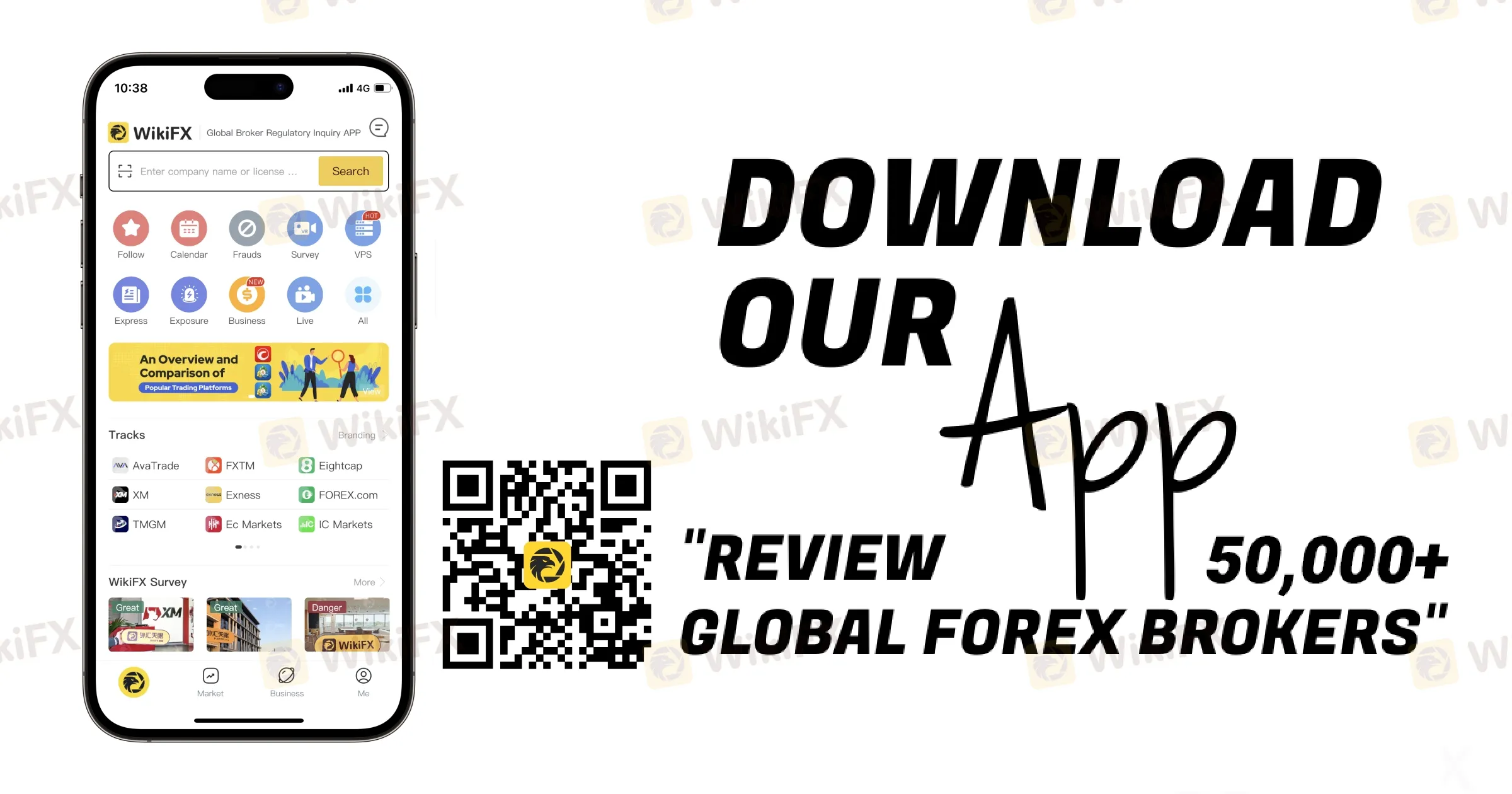
Disclaimer:
The views in this article only represent the author's personal views, and do not constitute investment advice on this platform. This platform does not guarantee the accuracy, completeness and timeliness of the information in the article, and will not be liable for any loss caused by the use of or reliance on the information in the article.
Read more
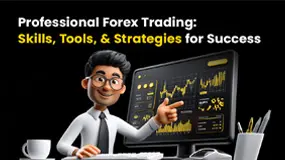
Professional Forex Trading: Skills, Tools, & Strategies for Success
In the vast and fast-paced world of financial trading, the foreign exchange (forex) market reigns as the largest and most liquid market globally. Trillions of dollars are traded daily, as currencies fluctuate due to economic indicators, geopolitical events, and market sentiment. But what exactly defines a professional forex trader? What skills, strategies, and tools are essential for success in the highly competitive currency market? In this article , we’ll explore everything you need to know.
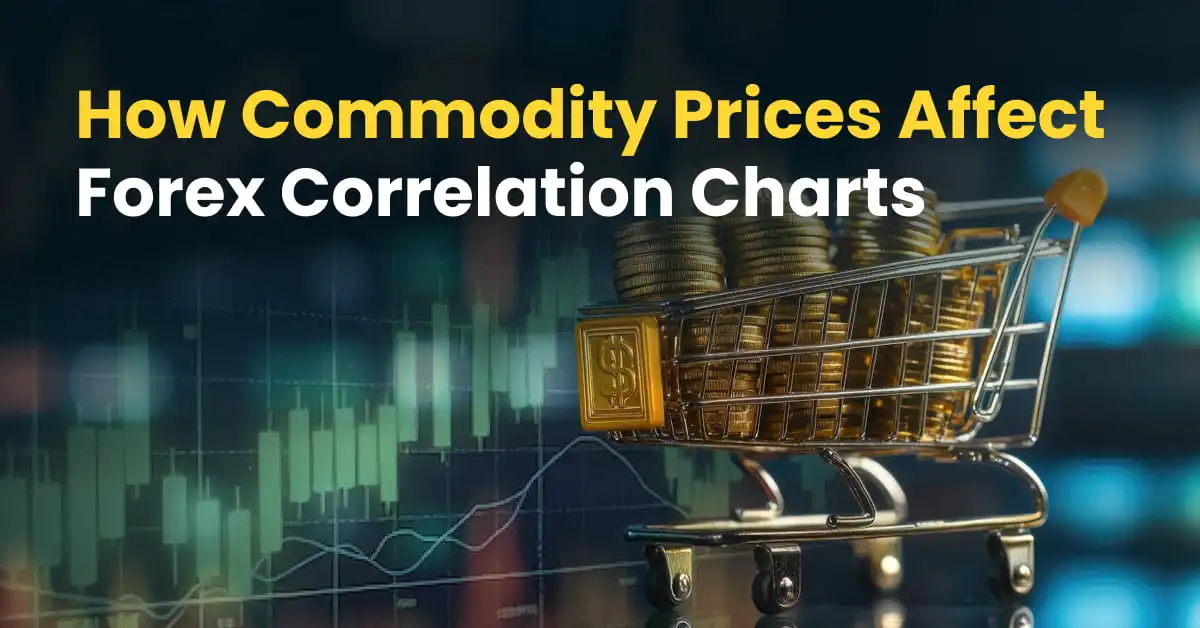
How Commodity Prices Affect Forex Correlation Charts
Traders often notice that movements in certain commodity prices, such as gold, oil, and agricultural products, can influence the value of related currencies. This relationship is reflected in forex correlation charts, which measure how currency pairs move about one another over time. Understanding these connections can give traders an edge in making more informed trading decisions.
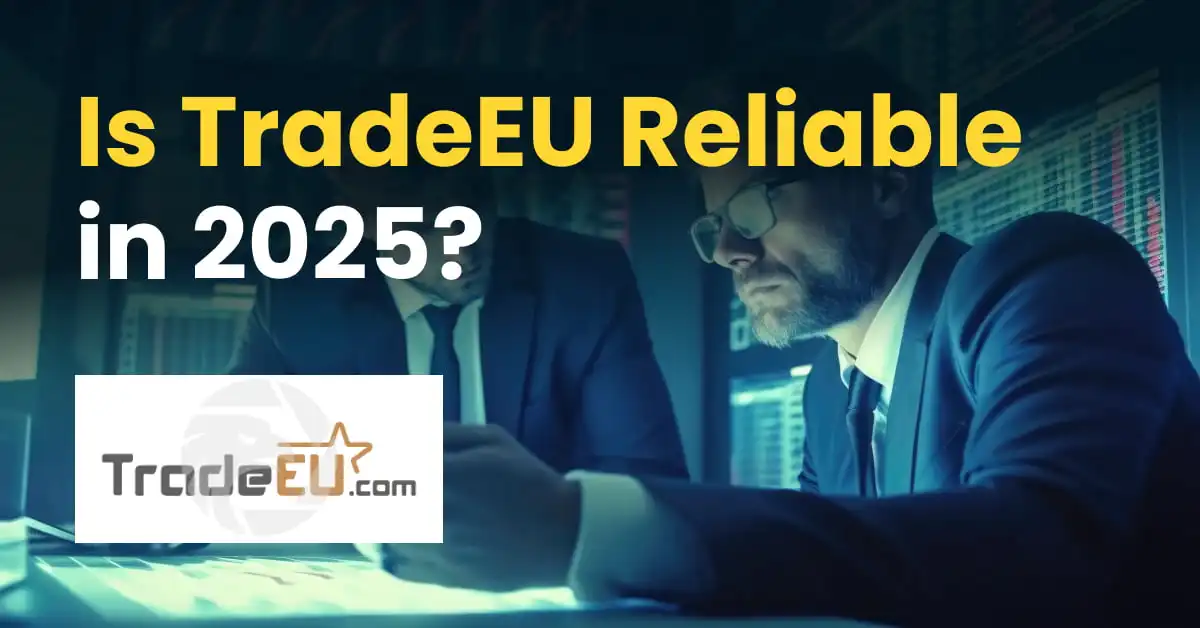
Is TradeEU Reliable in 2025?
TradeEU is a Cyprus-based CFD broker that launched around 2021 and offers more than 250 instruments across forex, stocks, indices, commodities, and crypto. The Article is about to give a comprehensive review of this broker.
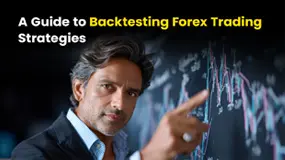
A Guide to Backtesting Forex Trading Strategies
As one of the most liquid and widely traded markets globally, the forex market offers traders immense earning opportunities. However, currency trading can present risks too because you may trade leveraged positions, potentially resulting in significant losses should things go wrong. Backtesting forex trading strategies before investing in a strategy is crucial. Should you fail to test it, you may end up risking time and capital on a strategy that doesn’t hold an edge. In this article, we will discuss backtesting a forex trading strategy. Read on!
WikiFX Broker
Latest News
Charles Schwab Forex Review 2025: What Traders Should Know
What WikiFX Found When It Looked Into XS
The Global Inflation Outlook
Datuk Seri Linked to RM8.4 Million Gold Investment Scam Under Police Probe
The Psychology Behind the Ascending Triangle Pattern in Forex
Quotex Broker Review 2025: Is It a High-Risk Broker?
Is CBCX a Safe and Trustworthy Broker for Traders?
ASIC Regulated Forex Brokers: A Comprehensive 2025 Guide
How 3 Simple Steps Cost a Businessman INR 4 Crore in a Forex Scam
PrimeXBT Expands FSCA Licence and Enhances Crypto Services in 2025
Currency Calculator


